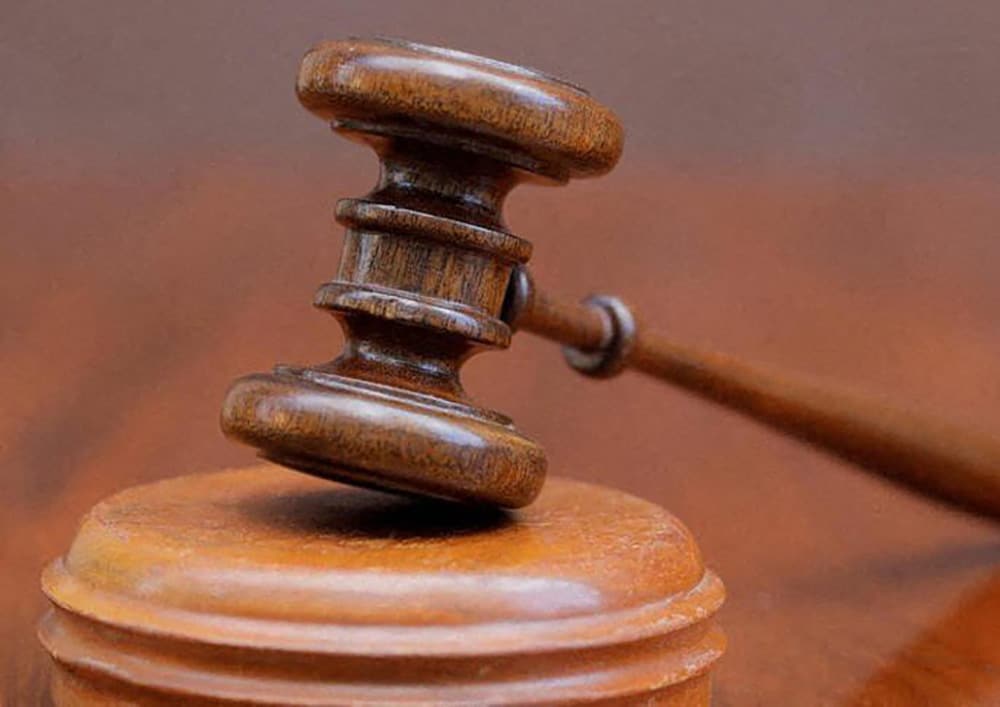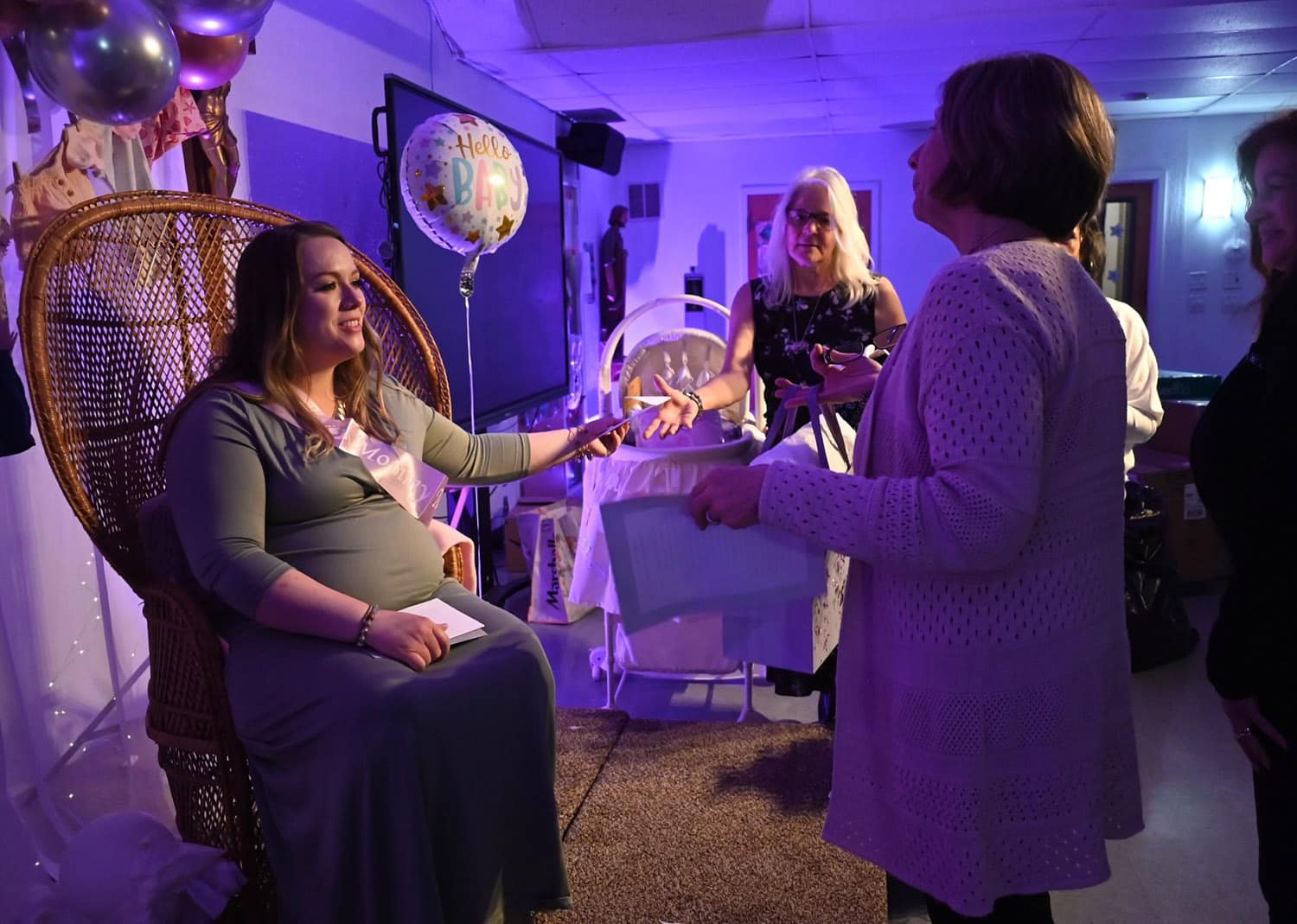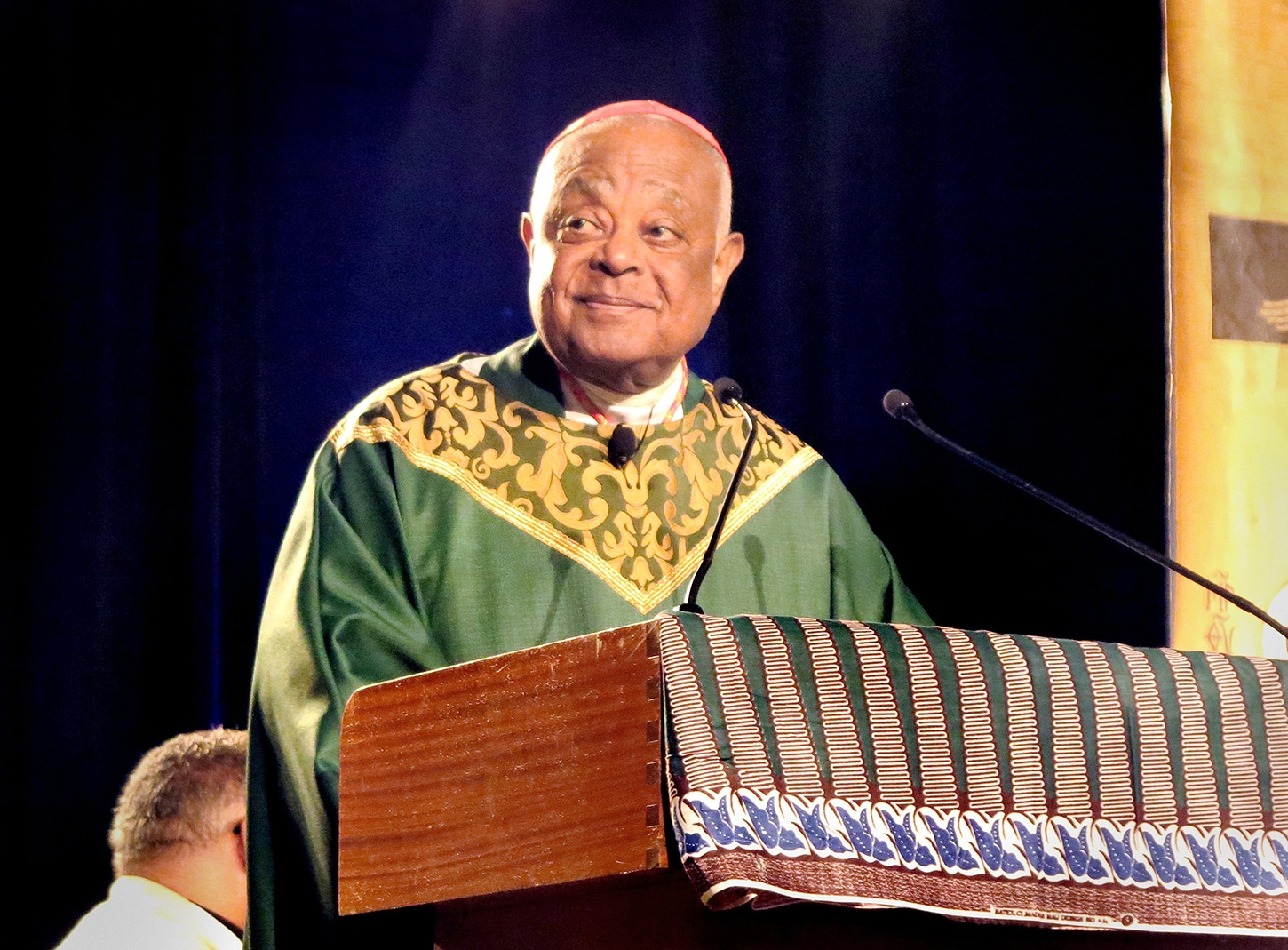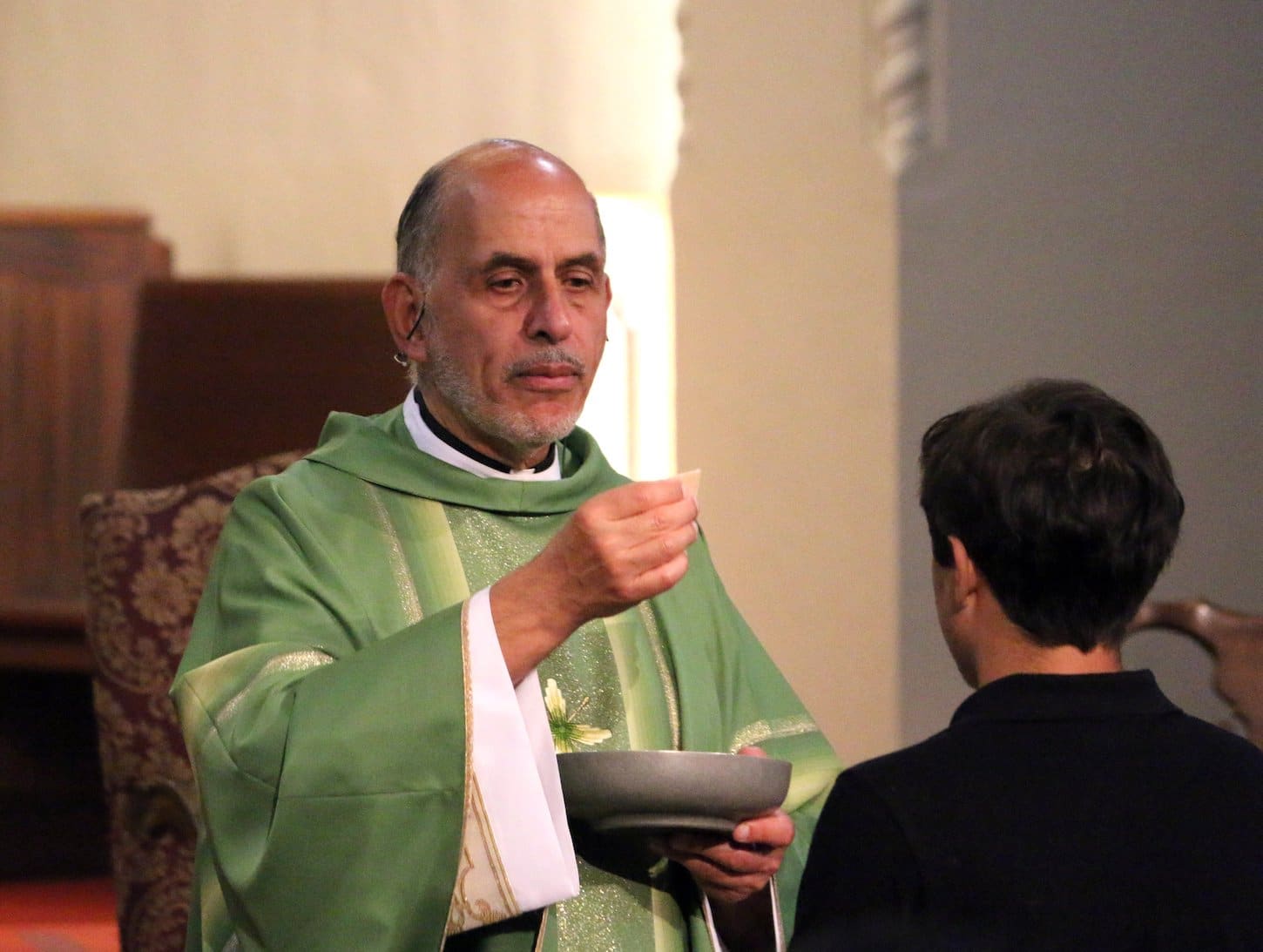(OSV News) — Colorado’s Supreme Court recently rejected part of a state law implementing a so-called “lookback window” that allowed abuse survivors to file civil lawsuits over decades-old abuse claims. Louisiana’s Supreme Court declined to rule on a challenge to a similar law in their state.
The Colorado court in June struck down a portion of Senate Bill 88, a 2021 law granting victims of child sex abuse from as far back as the 1960s a three-year window, beginning Jan. 1, 2022, to file civil lawsuits against not only their abusers, but the institutions or organizations that did not stop the abuse or should have known, according to the claims.
The Archdiocese of Denver, in a statement issued after the court handed down its ruling in June, praised the decision, saying it “strongly believes litigation is never the means to true healing. It is adversarial and ultimately does more harm than good.” It said it “remains committed to the continued healing of survivors of child sexual assault.”
The Colorado Sun, a digital daily news outlet, reported that the state’s nonpartisan Office of Legislative Legal Services, which offers state legislators legal advice, said when the bill was being considered that such a window would violate the state’s constitution — the same decision later reached by the state’s high court, in a unanimous ruling.
Meanwhile, the Louisiana Supreme Court punted on ruling on the constitutionality of a similar law passed in the state in 2021, which permitted hundreds of child sexual abuse survivors to file civil lawsuits for abuse dating back decades. But that law was later expanded to create a new civil cause of action allowing abuse victims to sue for abuse from previous decades. Attorneys representing survivors argued the court should allow them to comply with the expanded law, but the court demurred, finding that even if a case is reconsidered under the revised version of the law, the state’s high court still would still eventually have to consider the constitutionality of the original premise.
WWL-TV in New Orleans reported that the Louisiana Legislature created the lookback window for abuse claims based on data that the average survivor of child sexual abuse does not come forward until they are in their 50s.
Pursuing justice
Marie Reilly, a professor at Penn State Law and an expert in bankruptcy and commercial law, told OSV News July 14 that the constitutionality of such lookback windows is heavily based on state rather than federal law, which could permit different state courts to reach different conclusions on the matter.
“What the United States Supreme Court has upheld is essentially that there isn’t any federal problem under the federal constitution as long as the state legislature acts with a rational basis,” she said, calling it similar to the minimum test for constitutionality.
The Colorado constitution, she said, “is unique.”
“Other states have similar types of provisions in their state constitutions, but Colorado has a provision that prevents the Legislature from passing retroactive legislation, including retrospective or retroactive relief from statute of limitations,” Reilly said.
Supporters of opening lookback windows for civil suits over child sex abuse argue such a move would help victims pursue justice and accountability for crimes committed against them. But opponents argue that statute-of-limitation laws protect the accused from claims where there may be a lack of evidence.
In its June 20 statement, the Archdiocese of Denver said it “supports the unanimous ruling by the Colorado Supreme Court that the retroactive portion of the Child Sexual Abuse Accountability Act (CSAAA) violates the constitutional prohibition on retrospective legislation.”
“Lawyers for the Archdiocese of Denver, public schools, and other organizations representing youth programs pointed to specific language in the Colorado State Constitution prohibiting any law ‘retrospective in its operation,’ such as the CSAAA,” the statement said. “The Colorado Supreme Court explained, ‘The prohibition on retrospective legislation prevents the legislature from changing the rules after the fact because to do so would be unjust.’ The Court agreed that the constitutional prohibition would lose all meaning if retrospective laws could be avoided based on public policy.”
“The Archdiocese has always cared for the healing of sexual assault victims,” the statement said.
“Let us stay vigilant in prayer and ask the Holy Spirit to purify our hearts and keep the most vulnerable members of our community — children, youth, and at-risk adults — safe from harm,” it added.







